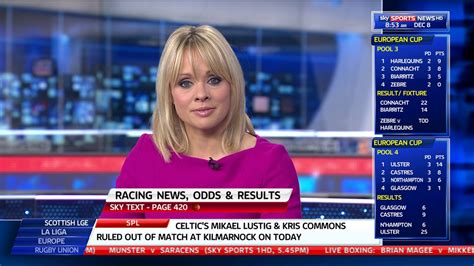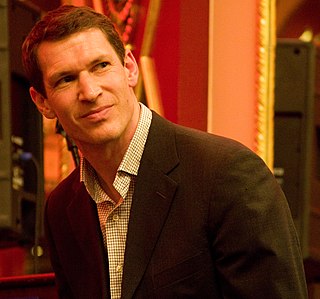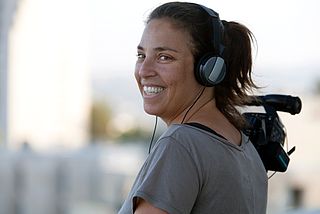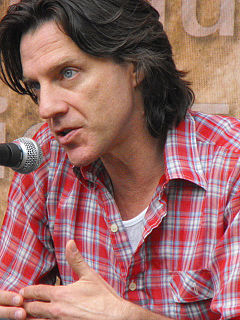A Quote by Krzysztof Kieslowski
I wanted to describe the world at the same time, through image, express what I felt. It was the time of the great documentary filmmakers: Richard Leacock, Joris Ivens. Today, television has put an end to this type of filmmaking.
Related Quotes
Polaroid material has the most beautiful quality - the colors on one side, but then the magic moment in witnessing the image to appear. The time stands still and the act of watching the image develop can be shared with the people around you. In the fast world of today it's nice to slow down for a moment. At the same time Polaroid slows time, it also captures a moment which becomes the past so instantly that the decay of time is even more apparent - it gives the image a certain sentimentality or melancholy.
Some people warned me against getting married soon. They said your career will end if you do. I felt I wanted to marry Siddharth (Roy Kapur) and I went ahead and married him. And I guess he felt like he wanted to marry me, so we are married today. If I hadn’t felt it for the next ten years probably I wouldn’t have got married. There is no right time. There’s never a right time.
The world, post-Katrina, was a hard time for my city. The hardest time. For people who didn't live through it, no words can fully express the pain, the rage, the grief, and the futility we New Orleanians felt. For the people who did, words seemed like a feeble protest against a relentless night without end.
One of my favorite stories growing up was A Wrinkle in Time. I loved that book. I still remember the image, so strongly, of all the kids coming out of their house at the same time, they're all bouncing a ball at the same time, and they all go back in at the same time. A Wrinkle in Time moved me deeply.
I'm not saying that people shouldn't go out to football games and drink beer and have a good time, I do it myself. But, at the same time, people are so apathetic and that shows me that they don't care about themselves. They have no self-image. Their image is projected to them via the television and that is where they make decisions about who they are according to what the public says they ought to be.
As the world of independent feature filmmaking became increasingly commercialized by the mid-1990s, there was also a parallel, much more positive development: a resurgence in documentary filmmaking, thanks in part to the advent of the cheaper, lighter digital format that helped to offset the daunting costs of pursuing political aims through film.
I did 'Red Riding,' which is TV in the U.K. It became a feature project in North America, but we're in a great era of TV. We all know that, and we hear it all the time, but for filmmakers, it's just a godsend to have your television writing and work to do on television, and the means to do it properly.





































